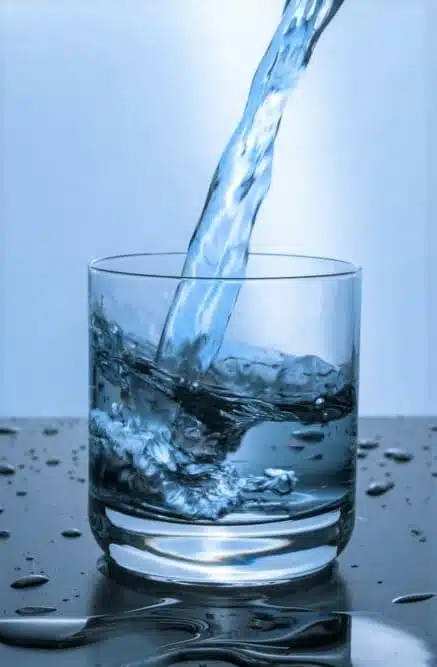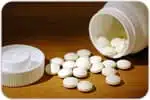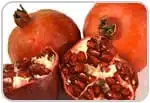
© 2023 House of Health. All rights reserved.
Web Design by Netbloom
Web Design by Netbloom
Heart disease, or cardiovascular disease, applies to any disease affecting the heart or blood vessels. One of the most common manifestations is atherosclerosis, where fatty deposits build up on the walls of the arteries – leading to angina (chest pain), heart attacks and strokes. Most types of cardiovascular disease are highly preventable, and the early stages of most are reversible.
There are many factors that can predispose a person to developing this condition.
And those factors that can’t be altered:
There are risk factors that can be modified, such as:
The more risk factors you have, the more likely you are to have a heart attack or stroke.
Reference: A Systematic Review of Major Cardiovascular Risk Factors: A Growing Global Health Concern. Cureus (2022); 14(10):e30119.

We pride ourselves on individualised care for people with cardiovascular concerns – both from a preventative standpoint as well as management.
Your heart is more than just cholesterol and blood pressure. Your heart should lead you through your relationships and direct your actions. Keeping our hearts healthy requires attention and self-love. We know more today about how specific heart-healthy foods and specific physical activity reduce the risk of heart attack and stroke. Sound research shows natural treatments can improve the function of the heart! An emerging heart-healthy tip is drinking hydrogen-enriched water. Many people have levels of oxidative stress, which is believed to be an underlying factor in the development of many diseases, due to the unmitigated production of high levels of “free radicals”. Hydrogen-enriched water selectively neutralises the most harmful of these free radicals, removing them as a source of oxidative stress.
It is important to be aware that interactions between medications and natural treatments may be harmful. These factors demand an individualised approach to assessment and treatment by a qualified healthcare professional.
If you . . .
Then we can work with you.

Human and animal studies indicate that treatment with molecular hydrogen protects against injury to the heart, the development of atherosclerosis and other vascular diseases.
References:

Statin medications can cause deficiency of Coenzyme Q10 and may impact the function of your heart?
References:

Pomegranate may reduce your blood pressure and help to reverse atherosclerosis? See the Mediterannean Diet Recipe book for ideas to use pomegranates in your diet.
References:

Exercise has been shown to be more beneficial for survival than invasive coronary procedures. Read more here. Even gentle exercise like yoga improves your heart health.
References:
Protect yourself with holistic care! Contact us to make an appointment with one of our qualified practitioners to get you on the road to great health and vitality again!





Benefits and Cautions of Using Rosemary Essential Oil for Hair Loss Hair loss is a common concern for both men and women.
Peppermint Oil is incredibly popular, and it’s no wonder. It’s crisp fresh aroma and dozens of different uses, peppermint is a natural
House of Health Ltd
Some customers are experiencing glitches in the payment gateway but our IT folk are stumped. If this happens to you, we'd appreciate a screenshot or screen recording. Dismiss
Stay informed: Get expert tips, free advice, updates, recipes, and special offers delivered straight to your inbox.